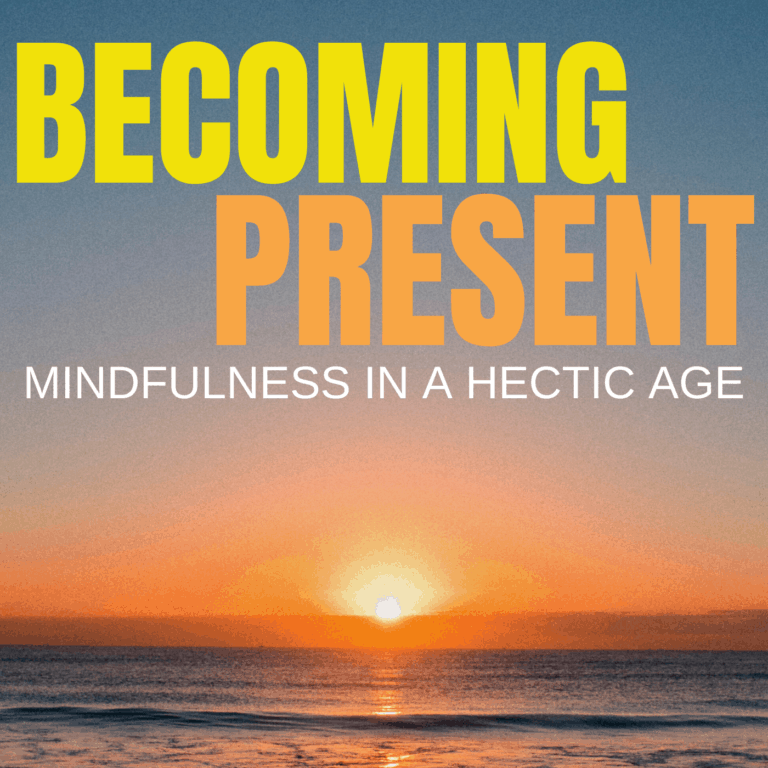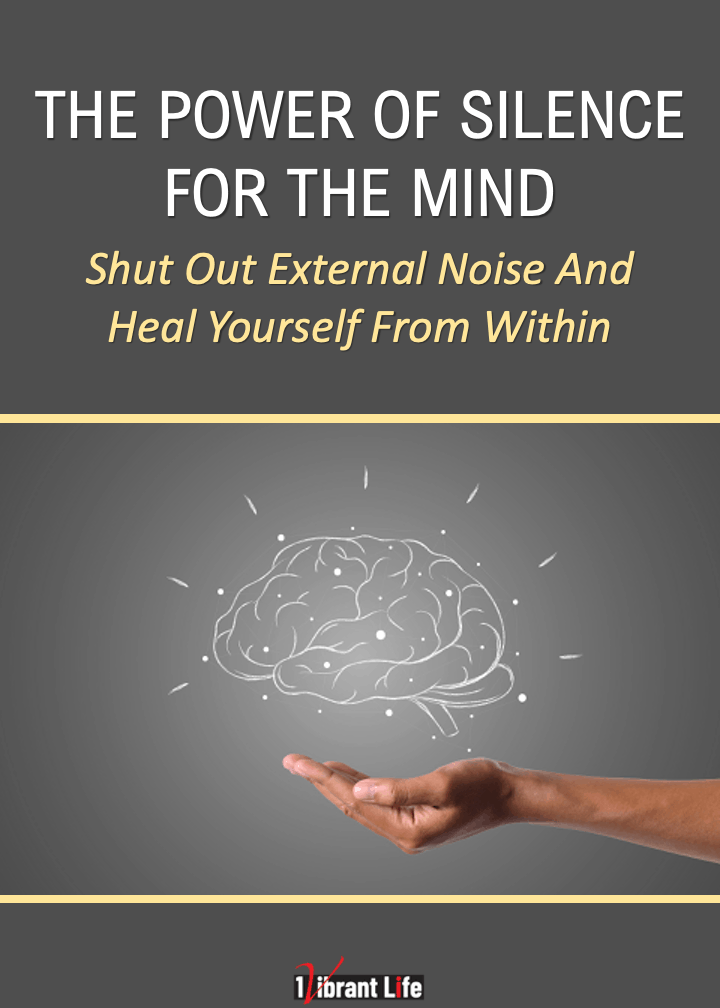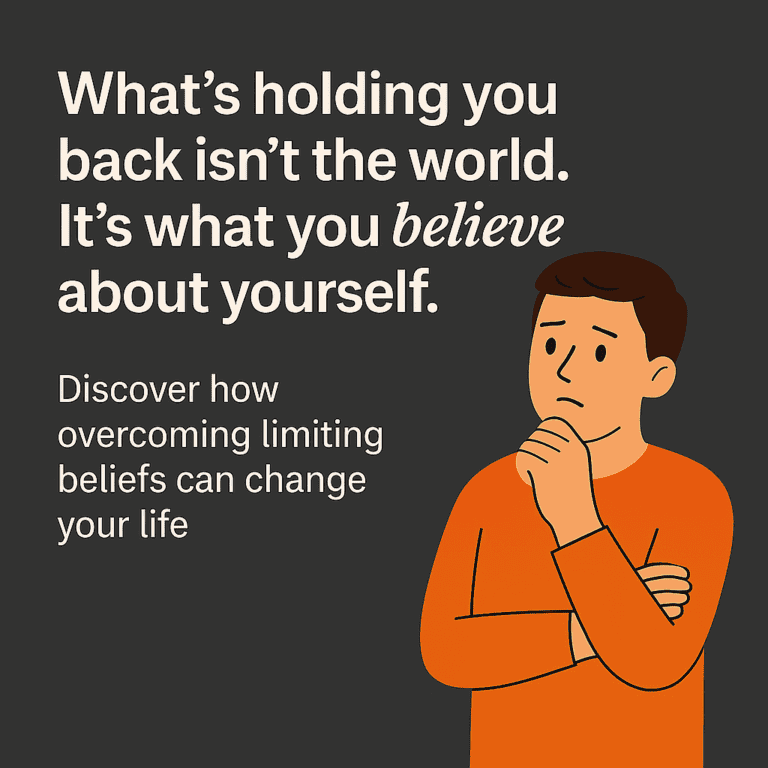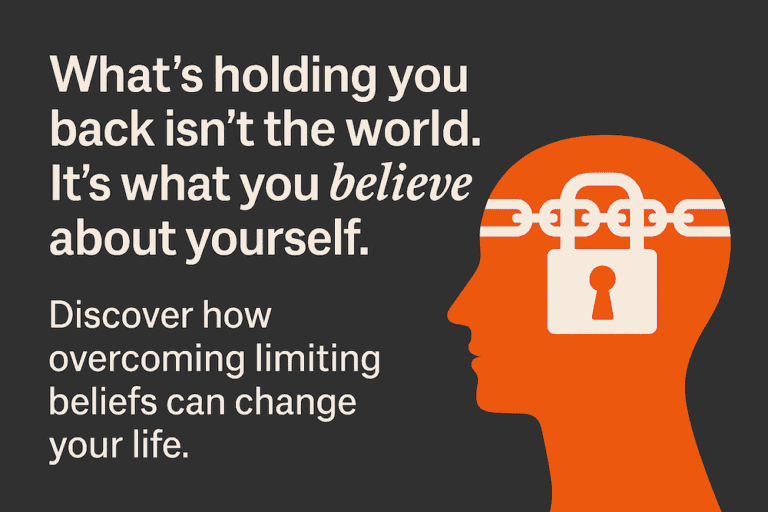Taking Life For Granted When We Should Be Grateful
We all experience times in life where we’re just going through the motions, and it’s become easy to fall into a state of mind where we’re simply taking life for granted. We’re going through life and getting things done, but we aren’t paying attention or finding gratitude in the good things, the little things, or the very things that give meaning to our lives.
When we take life for granted, we stop being present, we’re not living in the moment, and making sure we see the positive things in life that are all around us.
We stop appreciating everything we have and don’t practice gratitude and appreciate the most important things in our lives. Taking this life for granted often prevents us from really seeing what a precious gift life is and as a result, we often have a hard time finding more happiness in our lives.

“Do not dwell in the past, do not dream of the future,
concentrate the mind on the present moment.
– Buddha
By Martin Ward
Are We Taking Life For Granted?
Instead of skimming across the surface of our lives and taking life for granted, we need to slow down and appreciate all we are blessed with.
Becoming more present-minded is one of the best ways we can greet each new day and all the experiences of life as a gift, and recognize what we have and we hold dear in our hearts and we can be grateful for.
Happiness is something that we as adults often struggle with. Countless self-help resources want to tell us how to be happy.
As human beings, the idea of happiness seems to get ever more complex and challenging to achieve when it’s something that our children do naturally and effortlessly in their daily lives.
Maybe the secret to happiness isn’t in the next book, podcast, or influencer post on social media. Perhaps we already have everything we need to be happy.
After all, children often find happiness in the simplest things: a cardboard box that becomes a fort, the opportunity to meet a friendly dog, new friends, or even enjoying their favorite flavor of ice cream.
Despite the complexity of our adult lives, we still have access to a lot of things that are simple and create more joy and happiness, and we can access all this through having more gratitude.
We can choose what we focus on and how we think about our lives. Leo Tolstoy’s quote “If you want to be happy, be” comes to mind. Perhaps it’s that easy.
One powerful way to rediscover our happiness is not spending so much time focusing on those things that ultimately don’t matter as much to us and redirect our attention to the things that do: our family and friends, our health and home, and whatever else in our lives that we usually take for granted.
“He is a wise man who does not grieve for the things which he has not, but rejoices for those which he has.” – Epictetus

eBook

Audio eBook

eBook
Three personal growth tools for you as a gift for visiting 1VibrantLife.com
We Should Stop Taking Life For Granted And Practice Gratitude.
It’s easy to get caught up in and make a big deal, especially on our bad days, about all of our day-to-day troubles and take the necessities of life that we’re fortunate enough to have for granted.
We have food, water, shelter, electricity, internet, and transportation.
We depend on so many wonderful things we take for granted every day that many people worldwide don’t have.
Our goal here isn’t to shame anyone about their privileges. But it is essential to recognize and appreciate them and consider how we can make the best use of those privileges.
Are we using those benefits in our lives in a way that aligns with our values? If we’re taking life for granted, the answer to that question may be no.
If you find yourself in this situation, practicing gratitude is the best way to get back to living according to your values.
Gratitude is a state of mind that improves our well-being. It changes our attitude and outlook, making it easier to find happiness and move forward with a positive purpose.
Julie Quick described this type of state of mind in her piece; Not taking anything for granted: first published on March 31, 2021;
“If there is one thing the COVID-19 pandemic has taught me over the past twelve months, it is that we should never take anything for granted. Whether it be something as simple as actually sitting in a cafe or pub, going on holiday, or hugging a loved one, my family and I have missed these simple things in life.”
A lack of gratitude can be quite harmful. When we don’t practice gratitude, we end up focused on what we believe we “should” have, always seeking more, and worrying about everything that we feel we don’t have.
Of course, there’s nothing wrong with looking toward the future, having big goals, and working hard to achieve them.
But when we’re always pursuing more without taking time to appreciate everything we already have, we’re missing out on many opportunities for real happiness along the way.
“When you arise in the morning, give thanks for the morning light, for your life and strength. Give thanks for your food, and the joy of living. If you see no reason for giving thanks, the fault lies with yourself.” ~ Tecumseh, Shawnee Chief
Letting Go Of The Inconsequential
There’s always plenty to worry about, like, is it going to rain this weekend? Do I have a nice outfit to wear to my friend’s wedding?
Should I upgrade my phone now or wait until the next model comes out? What do my coworkers think about me?
These kinds of things are ultimately inconsequential in the larger picture of our lives, but they’ll take up as much of our mental energy and our time as we’ll let them.
What are you thinking about when you’re getting ready for your day each morning? When you’re sitting at the dinner table with your family?
When you’re taking a “relaxing” walk? Are these the thoughts you want to spend all your time on? Are they in line with your values?
Inconsequential thoughts distract you from living in the now, and the present moment, and will drain your time and your energy on a daily basis.
If you’re ending your days feeling drained but unaccomplished, it may be that you’re spending time and your entire life and a lot of energy on this treadmill.
By stepping off that treadmill and taking a breath, slowing down, and looking around, you can let go of those thoughts just for a while.
Remember, you’re in control of your mind, not the other way around.
Letting go of those thoughts makes room for more intentional thought and action, and gratitude is about having a clear intention.
“He who is not contented with what he has, would not be contented with what he would like to have.”~ Socrates

How To Practice Gratitude
So how can we practice gratitude? It’s easy to say, “be more grateful,” but what does that mean?
You can practice gratitude anywhere, anytime. A gratitude journal can be a great help to create a more well-rounded and positive mind.
From a study called, “Nursing Students’ Experiences of Gratitude Journaling during the COVID-19 Pandemic”, the Department of Nursing, Jesus University, Jeonju-si 54989, Korea; we can see an example of the positive effects of gratitude journaling,
“During gratitude journaling, people periodically express and record their gratitude towards objects, people, or events. Emmons (2007) reported that while it is not easy to find things to be grateful for in the early days of gratitude journaling, people become more appreciative once they acknowledge the positive elements that exist in their life. This is because when one’s views are broadened and deepened through gratitude exercises, one can begin to see past adversities and focus on the “blessings” that are before them.”
Imagine how your perspective and outlook could change if you used some of the time and mental energy spent on inconsequential worries, and instead made a conscious decision towards the practice of gratitude, and appreciating all the things you have instead of what you take for granted.
It’s always better to learn to let go of things that constantly concern or worry you and are often irrelevant in making you happy anyway, and instead take a moment to be grateful.
Even better, spend quality time with yourself and others and then write it down in your gratitude journal.
You’ll be able to find happiness no matter what situation you might find yourself in, and this is the easiest way to get started practicing and being more grateful.
When we’re used to living in a state of worry and “should,” taking life for granted, it can be more challenging for us to switch to a state of gratitude.
Like any other skill, it takes practice. Fortunately, that practice isn’t hard, and it can have immediate mood-boosting effects.
There are several practical methods that you can use every day to improve your gratitude practice.
As you begin to do one or more of these things regularly, you’ll find yourself naturally feeling more gratitude throughout your life.
“Gratitude is not only the greatest of virtues, but
the parent of all the others.
~ Marcus Tullius Cicer
How To Incorporate Gratitude Into Your Life
The easiest way to incorporate a daily practice of gratitude into your life is by setting aside some time once or twice a day.
Perhaps first thing in the morning and just before going to bed, actively appreciate everything you have in your life.
For more in-depth practice, you can start making a list of your regular habits and your automatic responses in your gratitude journal as we discussed above.
Consider the reasons behind those habits and reactions. What are you grateful for concerning each of them?
Once you’ve written these things down, you can begin incorporating that gratitude into those habits and behaviors.
You’ll notice a difference in your mood and attitude when you’re more conscious of everything you have to be grateful for.
If you keep a journal, try adding a few lines about what you’re grateful for with each entry.
These simple journal entries can be a great way to begin the habit of gratitude if it’s something you’ve been interested in but are not sure how to start.
You can write a daily gratitude list before bed or carry a small gratitude notebook with you and make a quick note each time you think of something you can be grateful for.
Perhaps you could even add a “gratitude” item in your daily planner to remind yourself to do this practice.
Finally, remember that change doesn’t happen all at once. Sometimes you can immediately improve your mood with a few deep breaths and a moment of appreciation!
But it’s also not going to make everything better overnight.
Just as with any habit, you are creating a habit of practicing gratitude is all about consistency.
Don’t be hard on yourself. If you skip a few days of journaling or find yourself taking life for granted, don’t waste time feeling guilty.
Instead, take a moment to be grateful that you’ve noticed you need to get back on track!
“Gratitude is the sign of noble souls.” ~ Aesop
Final Thoughts
Nothing in life is guaranteed. Everything we have that is good is something to be grateful for, including life itself.
Life goes by fast. It’s easy to stay busy, dealing with both the day-to-day and the inevitable challenges that arise, but there’s always time to practice gratitude.
This small practice can make a big difference in many ways, from a momentary sense of calm in a turbulent moment to a more focused and energetic mindset every day.
One benefit of gratitude is that it brings you fully into the present moment. It lets you experience the fullness of life that’s happening right now.
So, if you’re finding yourself rushing through the day and taking life for granted, looking for happiness everywhere else, take some time to adjust your focus.
You already have things to appreciate in your life.
“If you want to be happy, be.” ~ Leo Tolstoy
“If you look to others for fulfillment, you will never be fulfilled. If your happiness depends on money, you will never be happy with yourself. Be content with what you have; rejoice in the way things are. When you realize there is nothing lacking, the world belongs to you.” ~ Lao-Tzu
“A grateful mind is a great mind which eventually attracts to itself great things.’ ~ Plato

My Name is Marty Ward and I’m the creator and publisher of the 1-Vibrant-Life blog.
On March 8th, 1984, I sustained a traumatic brain injury in a car accident while driving to my day job.
At the time of the accident, I was having a fairly successful life as a musician in Chicago, which included a recent appearance on Star Search 84′ with Ed McMahon and preparing to be included in a group major independent recording contract.
However, after my accident, I was unable to perform or play my instrument. I was out of work and I had lost all confidence in myself and my abilities, felt lost and with no direction.
My injury and my recovery led me down a path of self-improvement, and self-discovery which gave me my life back filled with many amazing experiences and a newfound sense of hope. Learn more about my story on the 1-vibrant-life about page.
CBTCP Certification (Cognitive Behavioral Therapy Certified Practitioner) | 10-16-2021 Certification From The Academy of Modern Applied Psychology, in The Transformative Science of Cognitive Behavioral Therapy, CBT



